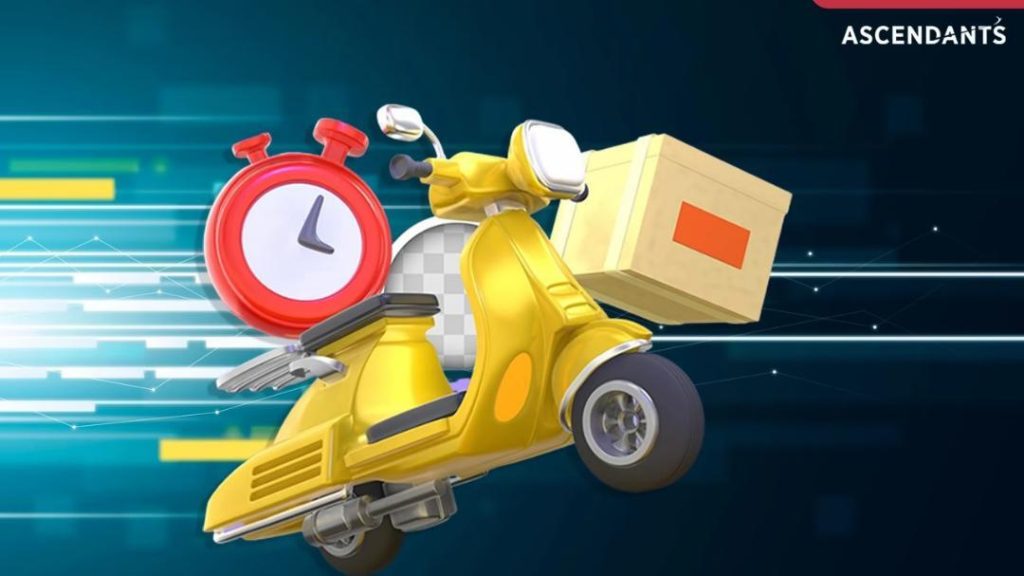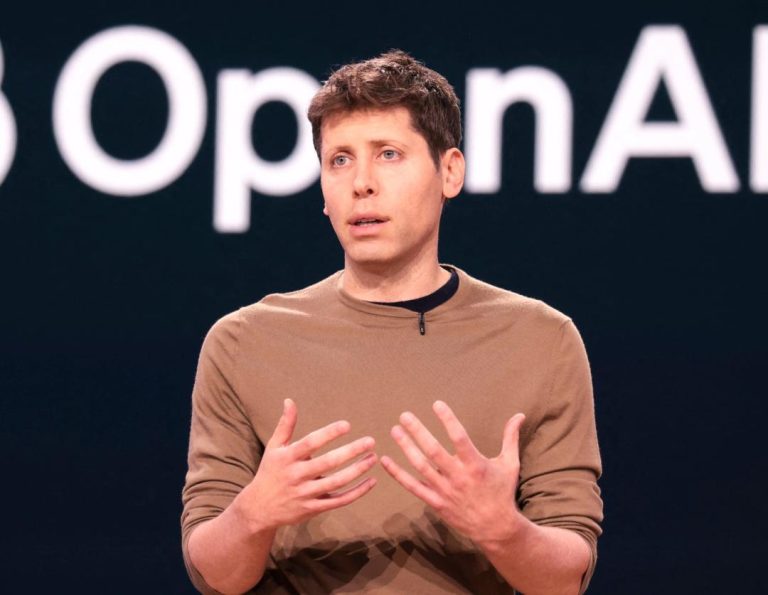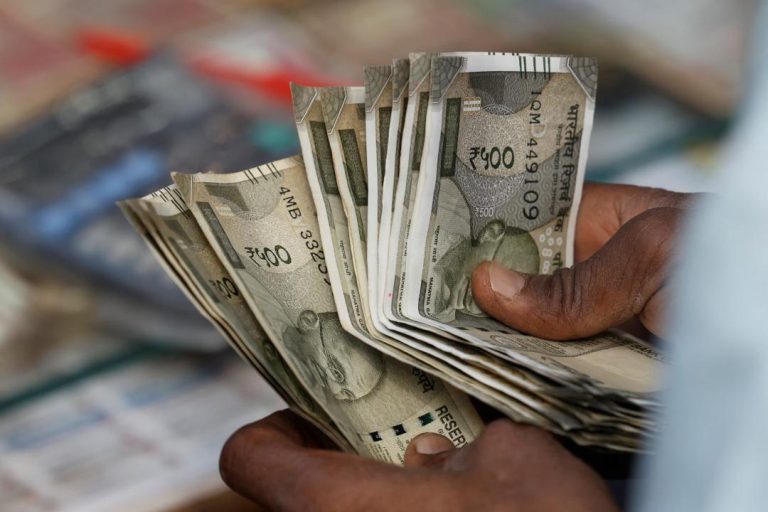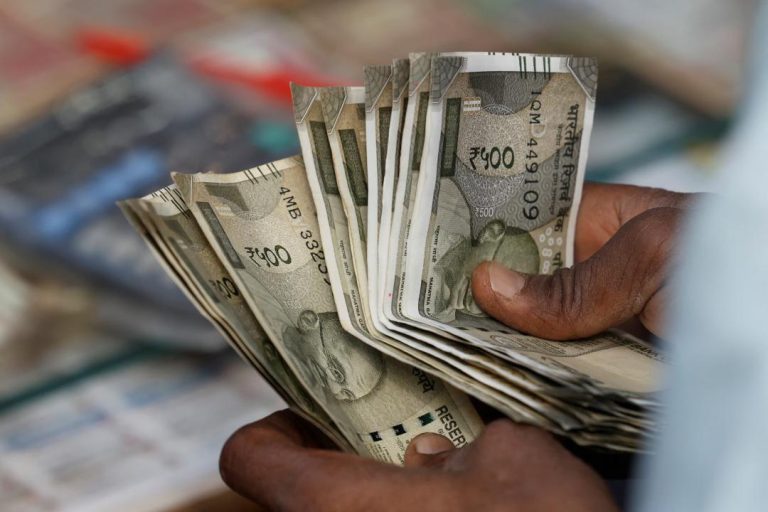
India’s New Obsessions: Quick Commerce & Short Drama Apps
The digital landscape in India has undergone a significant transformation in recent years, with the rise of quick commerce and short drama apps revolutionizing the way consumers live and interact. In this blog post, we’ll delve into the latest trends and statistics to understand the impact of these innovations on urban India’s digital habits.
Quick Commerce: The Rise of 10-Minute Deliveries
Quick commerce, also known as instant delivery or hyperlocal delivery, has taken the country by storm. This concept involves ordering daily essentials, groceries, and even restaurant food from a wide range of brands and having them delivered to your doorstep within a short span of time – typically 10-15 minutes. The concept has gained immense popularity, with the quick commerce market in India crossing ₹7,500 crore in FY24. This growth is attributed to the increasing demand for convenience, speed, and flexibility in urban consumers’ daily lives.
A significant proportion of metro users, a staggering 68%, are ordering at least twice a week, with many opting for same-day or next-day delivery. This demand has led to the emergence of several quick commerce players, including Zepto, Swiggy Insta, and Dunzo, among others. These players are investing heavily in technology, logistics, and marketing to ensure seamless customer experiences and maintain their competitive edge.
Short Drama Apps: The Upsurge of 3-Minute Entertainment
Short drama apps, also known as short-form content apps, have become a new obsession for Indian audiences. These apps offer bite-sized, engaging content that can be consumed in a matter of minutes. The popularity of short drama apps has led to a massive user base, with 300 million users in 2025, a 40% increase from 2023.
The ad revenue generated by these apps has also seen a significant surge, touching ₹2,000 crore in 2024. Short drama apps like MX Player, ZEE5, and JioCinema have been at the forefront of this trend, offering a range of content, from romance to thriller, that caters to diverse audience tastes.
Innovation and Personalization: The Key to Success
The success of quick commerce and short drama apps can be attributed to their innovative approach to customer experience. Both segments have focused on personalization, using data analytics and AI-powered algorithms to tailor their offerings to individual consumers’ preferences.
For instance, quick commerce players are using machine learning to optimize their delivery routes, ensuring that customers receive their orders quickly and efficiently. On the other hand, short drama apps are using AI-powered content recommendation engines to suggest content that matches users’ viewing habits and preferences.
Transforming Consumer Behavior
The rise of quick commerce and short drama apps has significantly impacted consumer behavior in urban India. Consumers are now expecting faster, more personalized, and more convenient experiences across various aspects of their lives.
The adoption of quick commerce has led to a shift towards online shopping, with consumers opting for the convenience of doorstep delivery over traditional brick-and-mortar stores. Similarly, the popularity of short drama apps has changed the way people consume entertainment, with users now preferring bite-sized, easily digestible content over longer, more traditional formats.
Conclusion
India’s digital surge, fueled by the rise of quick commerce and short drama apps, has transformed the way consumers live and interact. These innovations have redefined urban India’s digital habits, with speed and personalization becoming the key drivers of success.
As these segments continue to evolve, it will be interesting to see how they adapt to changing consumer preferences and behaviors. One thing is certain – the future of digital consumption in India is bright, and the impact of quick commerce and short drama apps will be felt for years to come.
Source:






